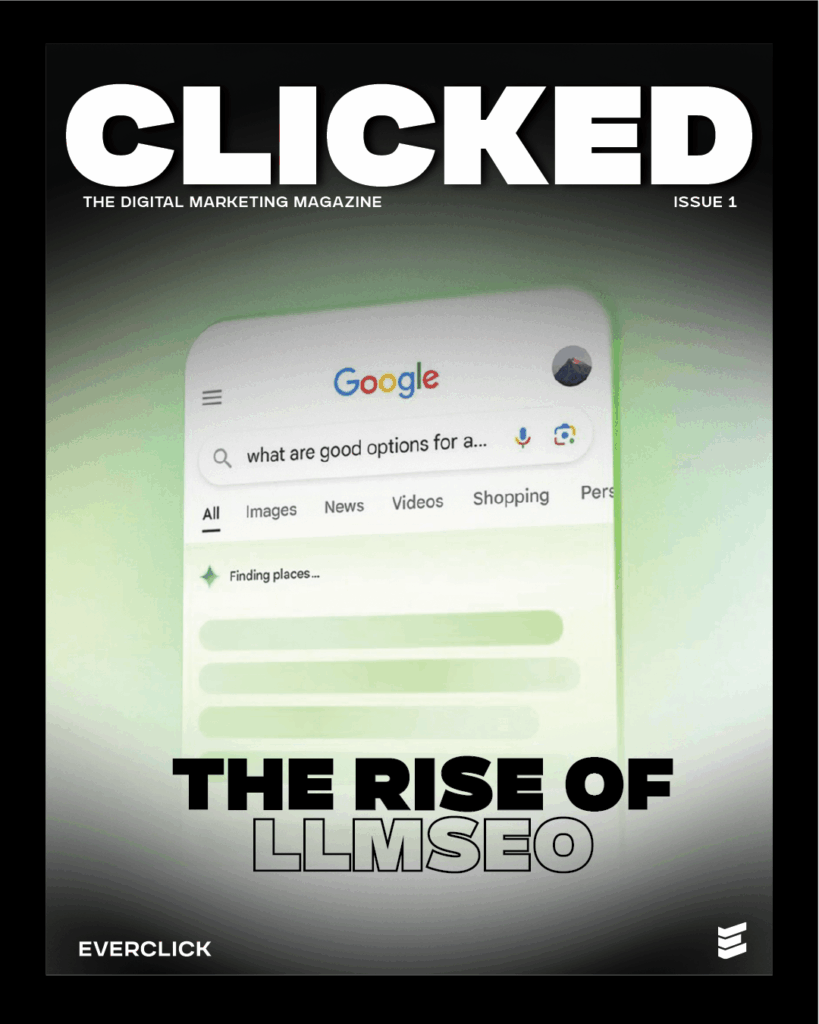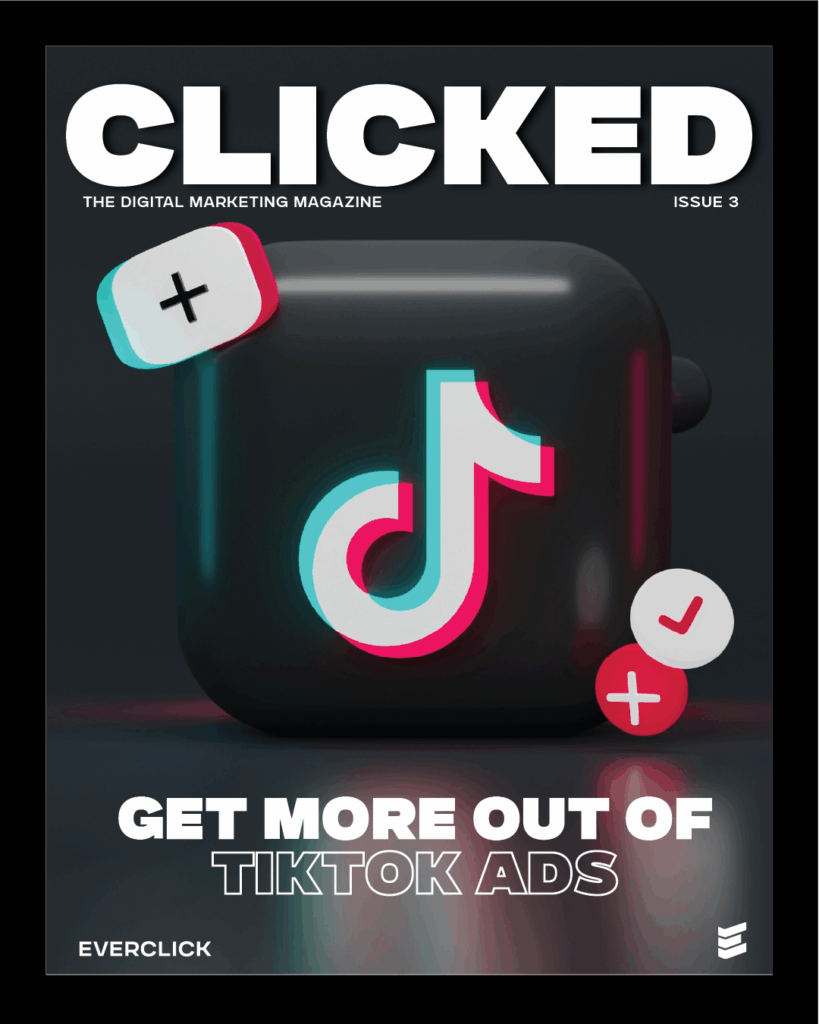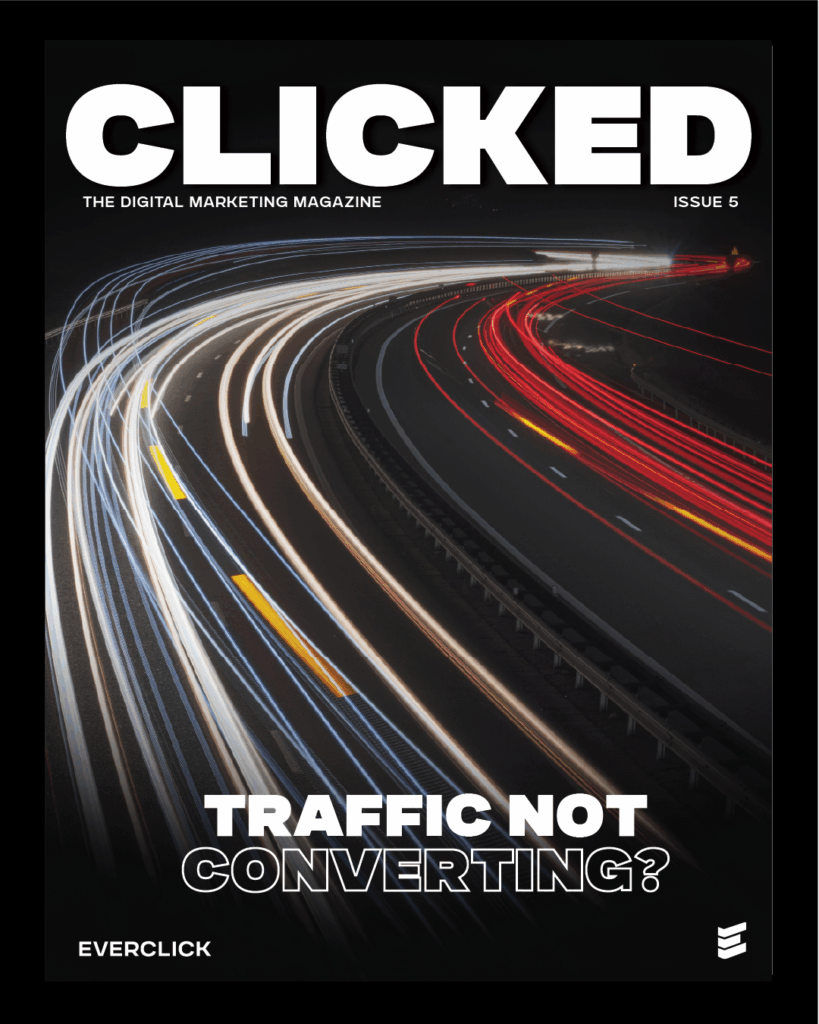f you’ve been keeping an eye on digital marketing news, you’ve probably heard people talking about “AI search” or “LLM SEO” — and wondered what on earth it means.
LLM SEO is all about optimising your website so it can be found and recommended by AI-powered search engines like ChatGPT, Google’s Search Generative Experience, Microsoft Copilot, and other tools that use large language models (LLMs) to answer questions.
These systems don’t just list links like traditional search engines — they give complete, conversational answers. If your business isn’t being mentioned in those answers, you could be missing a huge stream of future customers.
Why AI Search Matters for Small Businesses
When someone asks an AI assistant:
“Where can I find the best wedding photographer in Manchester?”
The AI won’t just show them a page of results — it will likely name specific businesses based on the information it has “read” from across the web.
If your business isn’t in the AI’s “mental shortlist,” you’re invisible in that conversation.
How LLM SEO Works
Traditional SEO is about keywords, backlinks, and ranking in search engine results pages (SERPs).
LLM SEO focuses on:
- Making your business information easy for AI models to understand
- Being consistently mentioned and linked in trusted sources
- Providing clear, authoritative answers to the questions people actually ask
How to Appear in AI Search Results
1. Create Content That Directly Answers Questions
LLMs love clear, well-structured answers. If someone might ask “How much does a plumber in Leeds cost?”, write a short, informative blog post or FAQ that answers exactly that.
2. Use Conversational, Natural Language
AI tools are trained on how people speak and write, so avoid stuffing your site with awkward keywords. Instead, use the language your customers would naturally use when asking questions.
3. Strengthen Your Local and Niche Authority
AI assistants tend to recommend businesses mentioned in credible, relevant places.
- Get listed in high-quality local directories
- Be featured in local news or niche industry blogs
- Gather genuine customer reviews on trusted platforms
4. Keep Your Business Details Consistent Everywhere
Your name, address, phone number, and website should be identical across your site, Google Business Profile, and directories. Inconsistent details can confuse both traditional search engines and AI models.
5. Publish Original, High-Value Content Regularly
The more high-quality information your site has, the more likely it is an AI will use your content to answer a user’s question.
The Future: From Search to “Suggested”
The biggest change with AI search is that it’s moving from showing options to making recommendations. Instead of a list of 10 websites, the AI may only mention two or three businesses — and you want to be one of them.
Quick Action Plan for LLM SEO in 2025–2026
- Audit your site’s FAQs and blog posts — do they directly answer the questions your customers ask?
- Make sure your business appears in at least 3–5 credible online directories.
- Build content around natural, conversational search queries.
- Check that your business details are consistent everywhere online.




